What Is A Recovery Run?
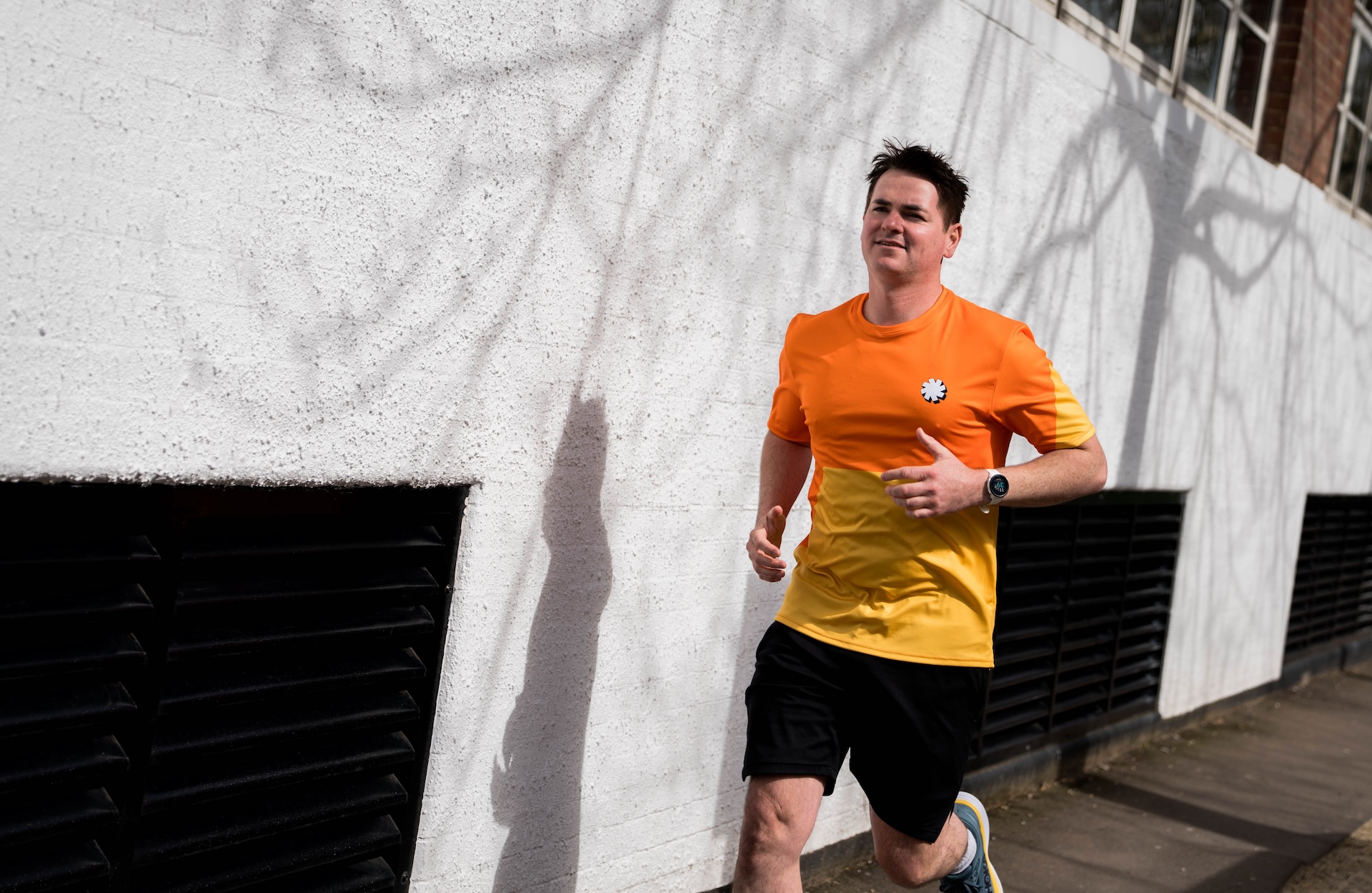
Races and hard workouts can leave our legs feeling heavy, tired and full of aches. Those aches are part of the body’s natural recovery process, and we can actually improve that process by actively moving instead of just passively resting. That’s where a recovery run could be beneficial for runners.
We look at:
- What is a recovery run?
- Does a recovery run help you recover?
- Why would you go for a recovery run?
- When should you go for a recovery run?
- Can you just rest more instead?
- Can you use other exercises for active recovery?
- How is a recovery run different from an easy run?
WHAT IS A RECOVERY RUN?
A very easy run that you do a day after a hard workout or two or three days after a long race. It should be 15-30 minutes at a very gentle effort, where your heart rate stays low throughout.
A recovery run should almost leave you feeling as if you’ve had a good stretch, rather than feeling challenged or like you’ve increased your fatigue.
DOES A RECOVERY RUN HELP YOU RECOVER?
A hard workout or a race will leave your muscles feeling sore and tired because the constant impact of running causes temporary muscle damage, and your body needs to recover from that.
We experience delayed onset muscle soreness (DOMS) in the 24-72 hours after intense exercise as the body tries to heal, which it does by causing some inflammation which leads to our muscles feeling tight and sore, and having reduced range of motion. This is all normal and part of the body’s healing process, which helps us to recover stronger, so it’s a good thing. And by doing some gentle recovery movements we can improve that healing process.
The idea is that by going for a gentle run, or other active form of recovery (as opposed to passively resting and not exercising), can help our legs to recover faster because it sends more blood and nutrients into the muscles to help them regenerate.
WHY WOULD YOU GO FOR A RECOVERY RUN?
By speeding up your recovery, very easy runs can have you feeling less sore and able to put your muscles and joints through a greater range of motion compared to complete rest. This can help lower injury risk by making sure your muscles are less tight in general. It can also help you avoid running too hard too soon after a strenuous effort, which in turn means you can recover quicker ready for your next run (which is especially important during a hard training block).
A recovery run can also help you stick to a more manageable running routine. If you wake up sore from a workout, then knowing that going for a short, slow run can actually speed up your recovery can have positive effects on you physically and mentally.
Doing some exercise can also give you a boost from all the good neuro chemicals that come when we run – we’re not just the runner’s high here, but as runners we know that going for a short jog can improve our mood and leave us feeling a little happier.
WHEN SHOULD YOU GO FOR A RECOVERY RUN?
When you choose to go for a recovery run, or do active recovery, will depend on what you are recovering from.
If it’s a hard workout or long weekend run, then it might be OK for you to do a recovery run on the following day, provided your muscles aren’t feeling too sore or tired.
If it’s following a marathon (or longer), then you may need to leave it two or more days until the most severe DOMS have reduced. However, it’s definitely a good idea to do some gentle movement like walking or cycling the day after a longer endurance event as it can promote recovery before you feel ready to run.
CAN YOU JUST REST MORE INSTEAD?
Yes, absolutely. This isn’t something you have to do to help your recovery after a long run or race. If you don’t feel up to it, or if you’re feeling more tired or your muscles are very tight, then take more rest, or consider something more gentle than running, like walking or cycling. Movement is good, but only do it if you feel up to it.
CAN YOU USE OTHER EXERCISES FOR ACTIVE RECOVERY?
Definitely! The idea is to increase your heart rate a little, and to promote blood flow around your body, which you can do by walking, hiking, swimming, cycling, yoga, or any other forms of light exercise. Stretching and foam rolling can also help, as can a light massage, but avoid putting too much strain on very sore muscles.
HOW IS A RECOVERY RUN DIFFERENT FROM AN EASY RUN?
Recovery runs and easy runs are quite similar, but have quite different intentions.
An easy run makes up the majority of your weekly mileage and the intention is that it’s helping you build up your general fitness and endurance. ‘Easy’ might be a misnomer for some runners, but really it’s just your standard daily running pace, where you’re trying to control the effort and run at a pace where you can have a conversation – think talking in short sentences.
A recovery run is going to be at a slower pace than an easy run, and the intention is to help you move your muscles. Your focus on a recovery run should be on moving in an efficient way, almost as if you’re gradually stretching out the running muscles as you go. That might mean your pace progresses slightly as you go, but that shouldn’t be the goal before you start. If an easy run is talking in sentences, then a recovery run would be talking in paragraphs (or singing a song, if you prefer!).
Also, the recovery run probably won’t feel that great while you’re doing it. Your legs and joints are all a bit stiff and sore, and you’ll be running with clunky form to begin, so that’s another reason to go slow. Just remember that you’ll feel the benefits later.
***
Do you have recovery runs as part of your running routine?


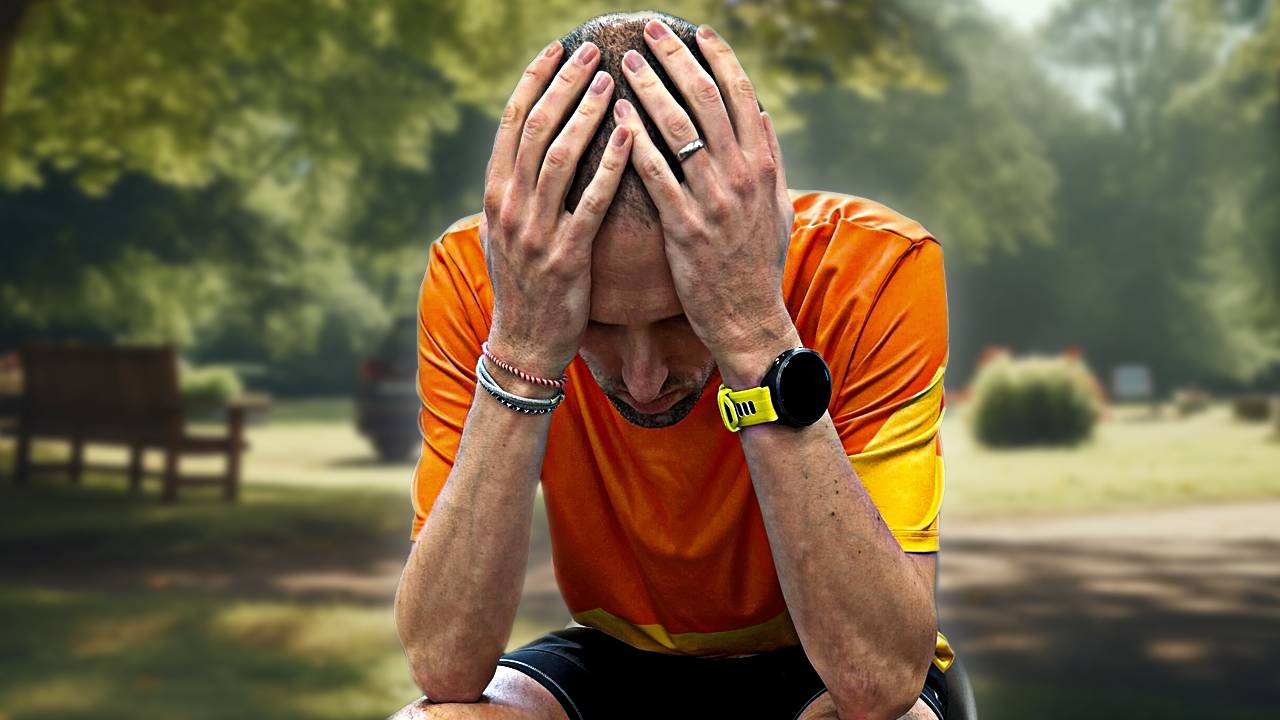
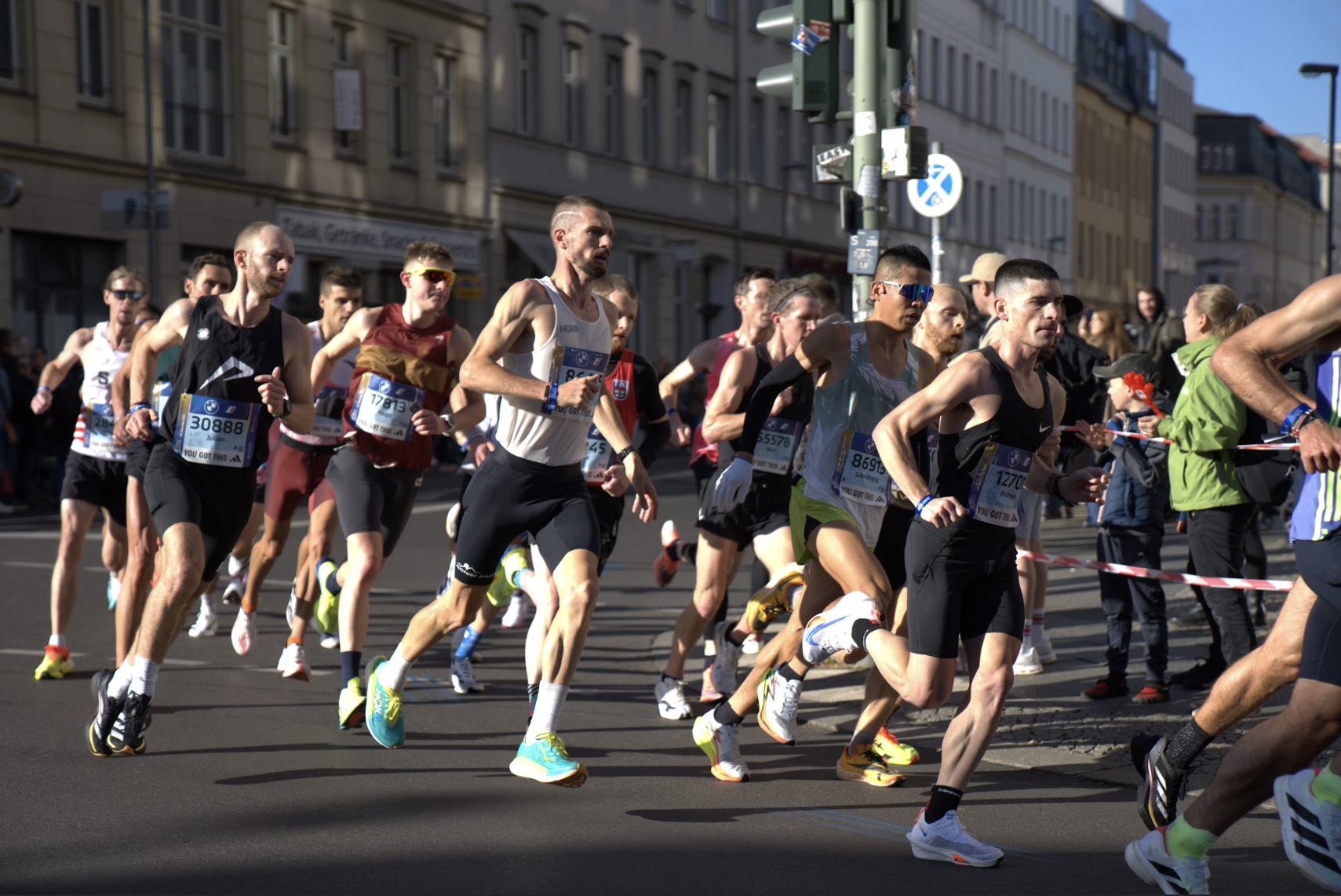
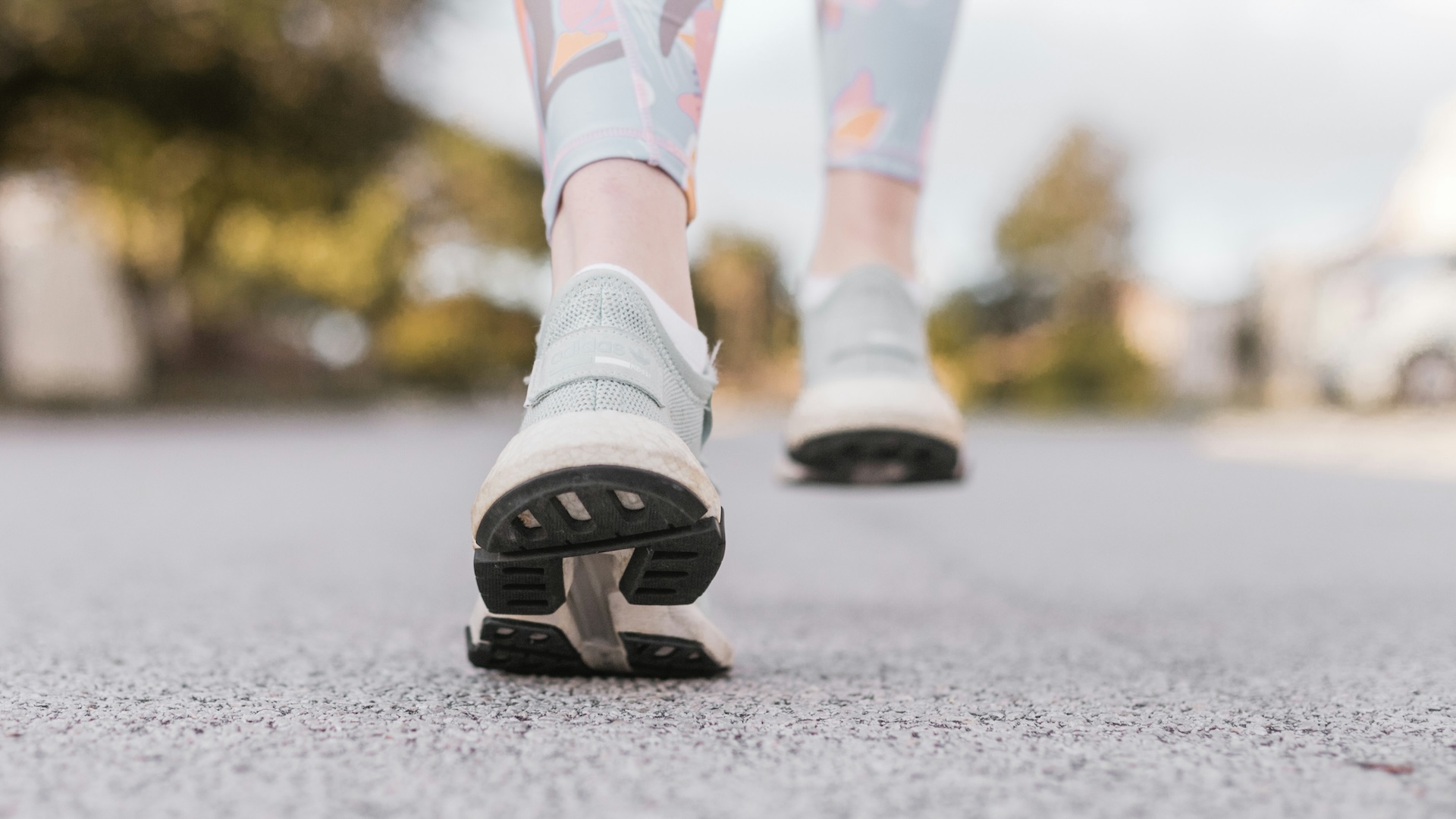
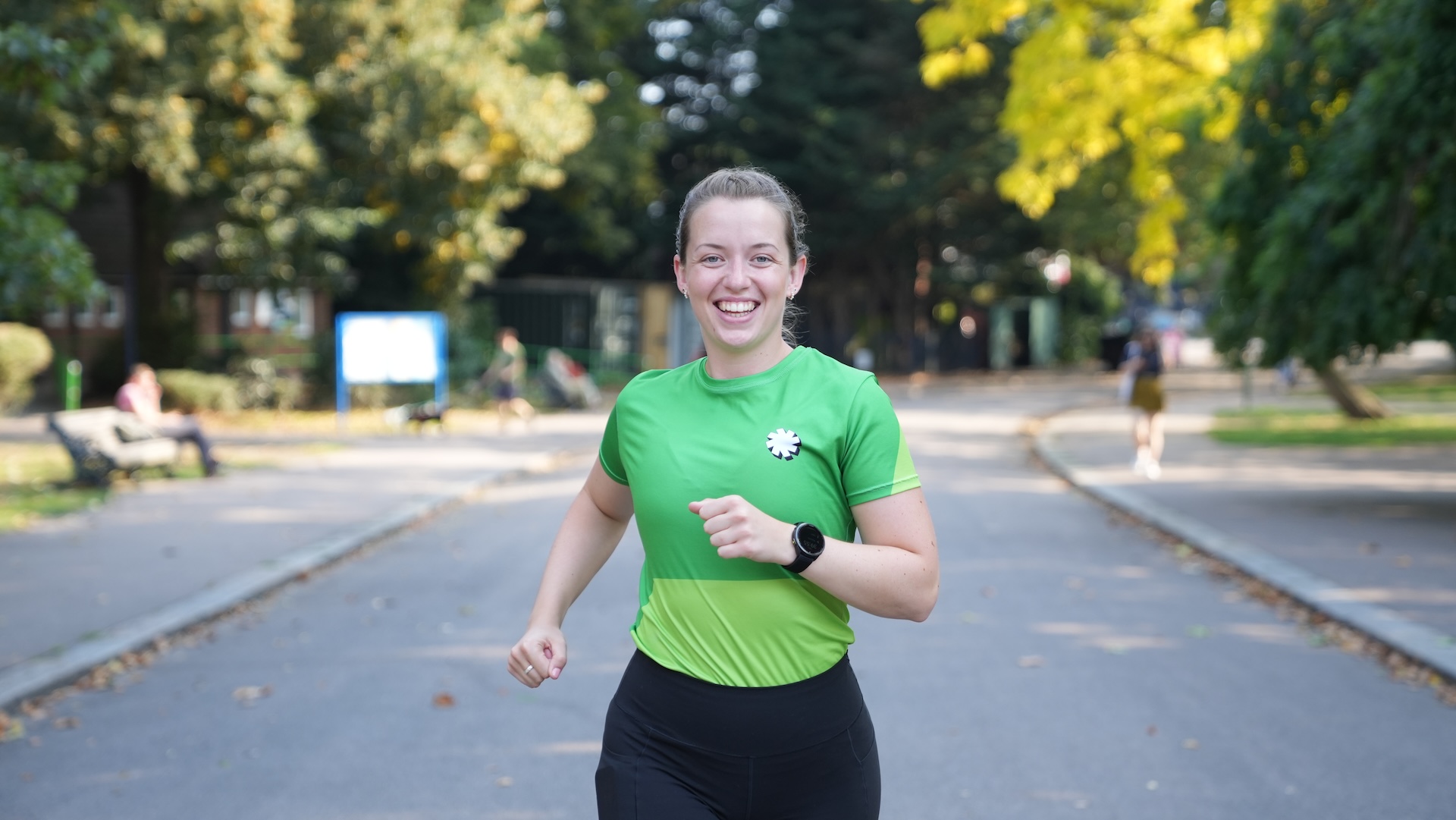




















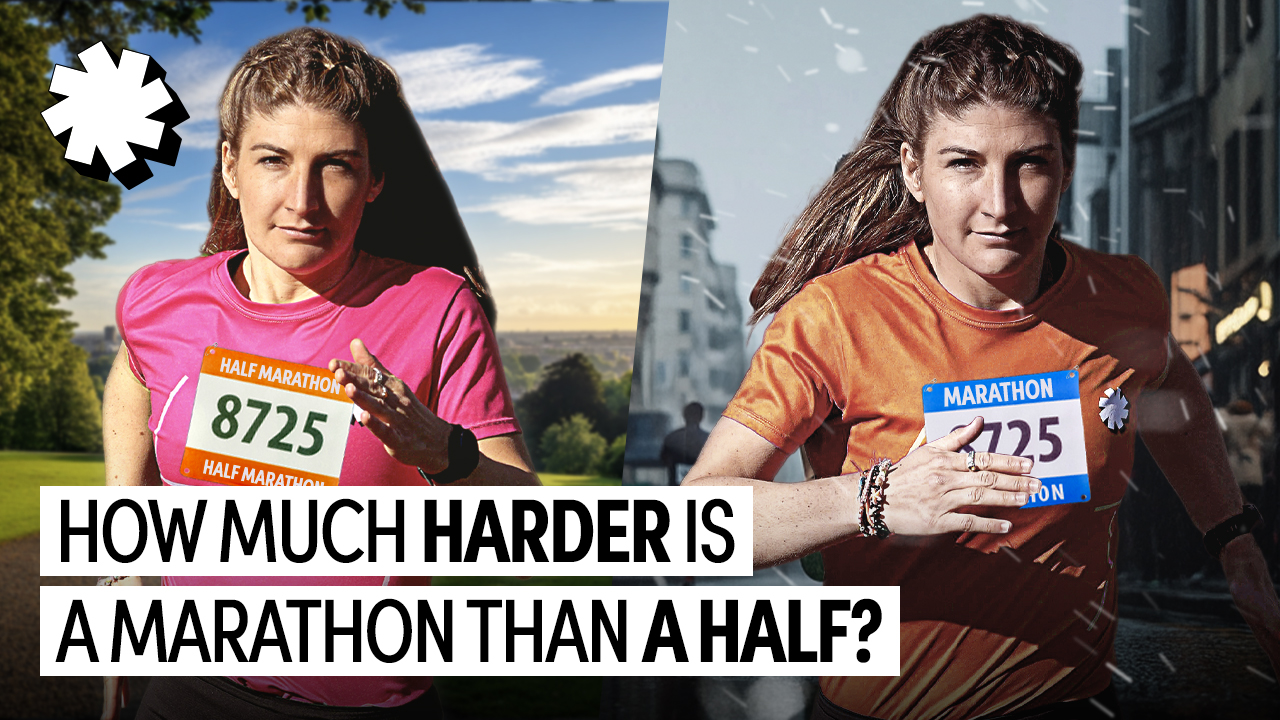

Running News
Ingebrigtsen Stars at World Athletics Indoor Championships 2025 – Plus All The Winners!
Sam Ruthe Is First 15-Year-Old To Run A Four-Minute Mile!
Eliud Kipchoge Will Run The 2025 Sydney Marathon!